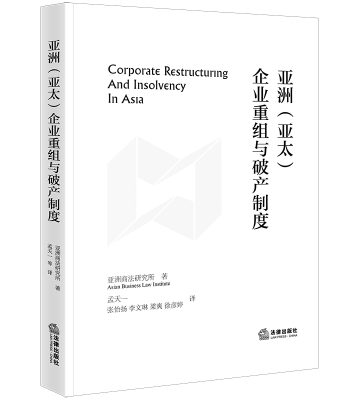Mr Nava Palaniandy, Partner of Ahmad Isa & Partners and author of the Bruneian chapter of Corporate Restructuring and Insolvency in Asia, shared with ABLI some of the measures the government of Brunei has taken to assist and support businesses to weather the financial storm brought about by Covid-19.
Brunei Darussalam, an oil-rich wealthy nation in Southeast Asia, has so far reported less than 150 confirmed Covid-19 cases, among which three deaths. While the number of cases is much lower compared to other places in the region and beyond, the country will not be able to escape unscathed from the economic fallout of the pandemic, especially its private sector. Fully aware of this, the Government of Brunei has introduced a number of measures to support and assist businesses.
Lessen financial burden
In particular, to lessen the financial burden on affected businesses (and individuals), an economic relief package worth an estimated total of BND250 million came into effect on April 1. This package, together with earlier fiscal assistance, has increased the total amount of stimulus to BND450 million. Among the measures introduced are deferment on principal repayments of financing or loans to all sectors, deferment on repayments of the principal of property financing, restructuring or deferment on principal repayments of personal loans and hire purchase such as car financing, for a period not exceeding ten years, and waiver of bank and fee charges for deferment and restructuring applications (including restructuring of outstanding credit card balances), excluding third-party charges, until 30 December 2020.
While no clear-cut policy is announced, since borrowers are allowed to convert credit card debts into term loans, it may be argued that some kind of protection has been granted to interim or new financing.
Rental, tax, wage and other subsidies
Moreover, for a period of six months from 1 April 2020, rental discount, reduced corporate income tax, utility bill rebate and exemption of customs and excise duties will apply to targeted sectors and eligible businesses. Eligible micro, small and medium-sized enterprises will also enjoy salary subsidies and deferment of social security contributions for six months and three months respectively from 1 April.
Brunei so far has not introduced measures such as suspending directors’ liabilities for insolvent trading, raising the threshold of bankruptcy, etc. as have been seen in a number of other countries such as neighbouring Singapore.
This write-up is also published by LexisNexis here.
Read the Brunei chapter of Corporate Restructuring and Insolvency in Asia to learn more about the country’s insolvency regime.
More of the measures taken by the Bruneian government can be found here.




![[Interview] Landmark Indonesian Recognition [Interview] Landmark Indonesian Recognition](https://abli.asia/wp-content/uploads/elementor/thumbs/Interview-Landmark-Indonesian-Recognition-r77cnxow0ude3j2mxz2wbivxrofvqnqg7fg3rw1zx0.jpg)

